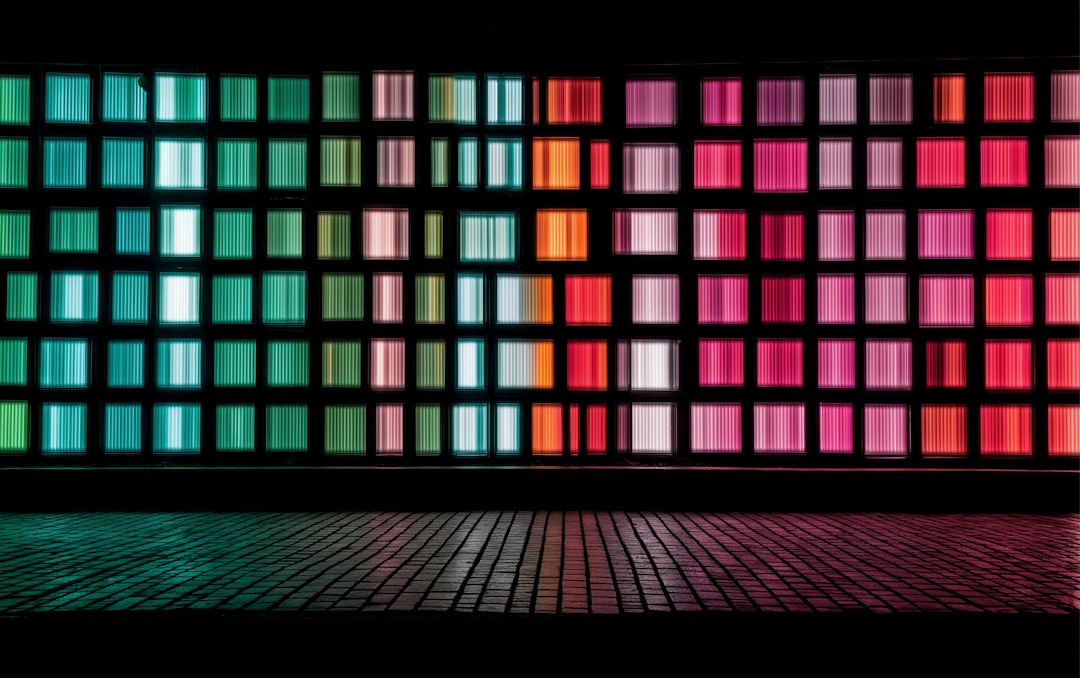In the ever-evolving landscape of data visualization, Grafana stands out as a powerhouse for monitoring real-time server metrics. Yet, in a surprising twist that no system administrator saw coming, a single plugin transformed a staid dashboard into what can only be described as a pulsating, rainbow-hued psychedelic light show. What began as a well-meaning community contribution quickly turned into a case study of unintended consequences—and one of the more entertaining episodes in open-source folklore.
The Plugin That Started It All
It began innocently enough: a developer named Luca with a passion for both JavaScript animations and open-source tools decided to combine his talents by writing a Grafana visualization plugin. His goal? Add some flair to traditional metric panels. The intent was to create a dashboard element that used animated transitions and gradient color effects to make data trends easier to spot. A little CSS magic, some SVG voodoo, and a few well-placed animation libraries, and the plugin was born: FlowSpark.
FlowSpark promised a compelling alternative to Grafana’s default graphs—less gridlines, more glow. Early adopters praised the plugin’s artistic visuals, especially for seasonal dashboards like holiday themes or “Friday dashboards” where engineering teams lightened the mood. But as more administrators installed the plugin, something strange began happening.

From Data Pulse to Technicolor Chaos
It soon became evident that FlowSpark had a bug—or perhaps a feature, depending on whom you asked. The plugin pulled metric thresholds from generic Grafana JSON settings and converted them into RGB spectrum values on the fly. What Luca didn’t anticipate was how different configuration settings could cause intense, rapid-fire color shifts across CPU, memory, and I/O visualizations. Throw in animated line graphs with gradient trails, and dashboards went from informative to eye-melting.
One administrator described the view as “a Pink Floyd concert on fast-forward.” Another compared the flood of visual data to “watching data on an acid trip.”
What should have been subtle transitions between healthy operational states and warnings turned into strobe-like alternations. When multiple panels received metric updates every second, the colors flashed too fast for human eyes to process—overwhelming the screen with motion and saturation.
When Sysadmins Fought Fire with Sunglasses
Panic swept through sysadmin message boards. A Reddit user with the handle @datadeviant posted a screenshot with the caption: “When you just want to know the CPU load but your dashboard is trying to show you the face of God.”
At DevOps conferences, the issue became a tongue-in-cheek fire drill scenario: “What do you do when your Grafana panel becomes a visual rave?” Entire teams began sharing coping mechanisms—from switching themes to grayscale, to running the dashboards in monochrome browser extensions just for safety. One particularly inventive engineer mapped FlowSpark’s CSS variables to less aggressive color definitions using a Chrome plugin, turning chaos into calm shades of muted pastels.

Developer Reaction and the Beauty of Open Source
Luca was initially baffled when bug reports piled high with phrases like “visual seizure warning” and “dizzying transitions.” Upon reviewing code behavior influenced by an unintended recursive animation function and unbounded value bands, it became clear that the plugin did exactly what he told it to do—just not quite what he intended.
To his credit, Luca reacted swiftly. Within 24 hours, he pushed a patch that added “Safe Mode,” limiting color transitions and reducing animation speeds by 90%. He also added a toggle to turn off motion effects entirely. The update note simply read: “Calmed the chaos. Sorry about that.”
Ironically, some users missed the wild version when it was gone. A couple of DevOps engineers who had grown fond of FlowSpark’s flamboyance hosted their own legacy fork of the original plugin under the private project name “TrippyMetrics”. They proudly used it only during team celebrations, outage-free weeks, and server upgrade milestones.
Lessons Learned from Technicolor Turbulence
While the story is filled with plenty of gifs and laughter, it also underlines important lessons:
- Test plugins across multiple settings profiles: What works beautifully on one Grafana deployment may cause chaos on another.
- Enable safety defaults by design: Developers should consider moderation in visual effects—especially in utility tools.
- Visuals affect perception: Even accurate data can feel overwhelming when presented with over-the-top visuals. Calming interfaces improve data comprehension.
This tale also showcases the joy of open-source development, where peer review, user feedback, and enthusiasm converge to create something both meaningful and, sometimes hilariously unexpected. Instead of berating Luca, the community lauded his creativity—and his quick response.
The Plugin Lives On
Today, FlowSpark stands as a versatile visualizer with multiple animation levels, light/dark adaptability, and a loyal following. It comes bundled with safety toggles, warning labels, and a very honest README that begins: “Caution: Formerly a disco ball for your metrics.”
In the end, what started as a quirky twist in the visualization ecosystem became a beloved anecdote—and a reminder that even server metrics can party a little, as long as they clock back in by Monday morning.
FAQ
-
What is FlowSpark?
FlowSpark is a once-controversial Grafana plugin designed to animate server metrics using modern CSS and JavaScript effects. It gained notoriety for its intense and unintentional color transitions. -
Why did FlowSpark cause psychedelic visuals?
The plugin mapped metric thresholds directly to RGB color values without limiting the intensity or transition frequency. On high-frequency dashboards, this resulted in chaotic, flashing visuals. -
Is FlowSpark still usable?
Yes, FlowSpark has been updated with “Safe Mode” and other user-controlled settings to avoid overwhelming visuals. It’s now a stable and stylish visualization option. -
Can I still access the original version?
Some community forks still host the “unpatched” version for legacy or novelty purposes, but it’s advised to use the current version for production environments. -
Should I use animated plugins in Grafana?
Animated visualizations can enhance user experience when used judiciously. However, it’s vital to ensure they don’t distract from primary monitoring needs or cause sensory overload.

